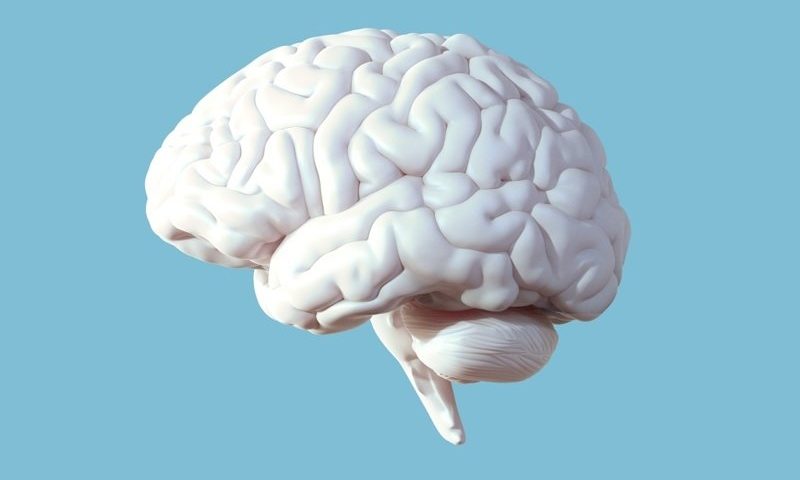Levodopa, the commonly prescribed dopamine-restoring drug for Parkinson’s disease, loses its effectiveness over time. Researchers at Northwestern University say they’ve found a potential method for reviving the drug’s benefits: gene therapy.
The researchers restored the ability of neurons to convert levodopa into dopamine in mice with a gene therapy that targets the substantia nigra region of the brain. By effectively recreating a healthy environment in the brain, the therapy eliminated abnormal brain activity that causes movement difficulties in Parkinson’s patients, the team reported in Nature.
The new findings also provided insights into why dopamine-releasing neurons wither away in Parkinson’s. By studying the genetic features of the neurons in Parkinson’s models, the Northwestern researchers showed that damage to the mitochondria, the power suppliers inside of dopamine-producing neurons, triggers events that lead to Parkinson’s.
“Whether mitochondrial damage was a cause or consequence of the disease has long been debated. Now that this issue is resolved, we can focus our attention on developing therapies to preserve their function and slow the loss of these neurons,” said James Surmeier, Ph.D., chair of neuroscience at Northwestern’s Feinberg School of Medicine, in a statement.
The insights could be used to develop tests that identify Parkinson’s in people five to 10 years before it manifests, Surmeier suggested.
Efforts to develop gene and cell therapies for Parkinson’s are underway, with mixed results so far. Bayer has started two early-stage trials: a gene therapy being developed by its subsidiary AskBio and a stem cell treatment from its unit BlueRock Therapeutics.
Voyager Therapeutics has suffered several setbacks in its efforts to develop a gene therapy for Parkinson’s. Sanofi ended its deal with Voyager in October 2017, AbbVie nixed its pact in August 2020 and Neurocrine Biosciences axed its tie-up in February of this year after a clinical hold was placed on a phase 2 trial last December. Pfizer inked a $630 million pact with Voyager last month to use its capsids in neurologic and cardiovascular gene therapies, though the specific disease targets were not disclosed.
Other researchers are also looking for innovative ways to spruce up dopamine-producing neurons. A team at the University of San Diego, California developed a gene therapy technique that turned astrocyte cells into dopamine-producing neurons, for example.

